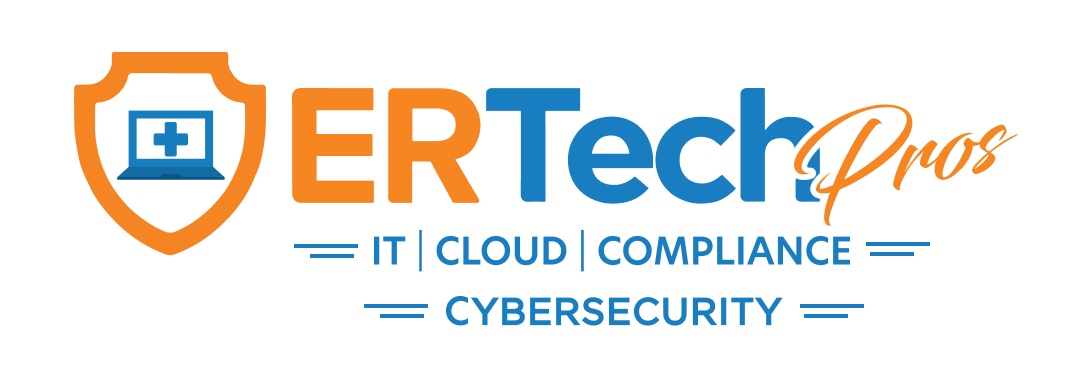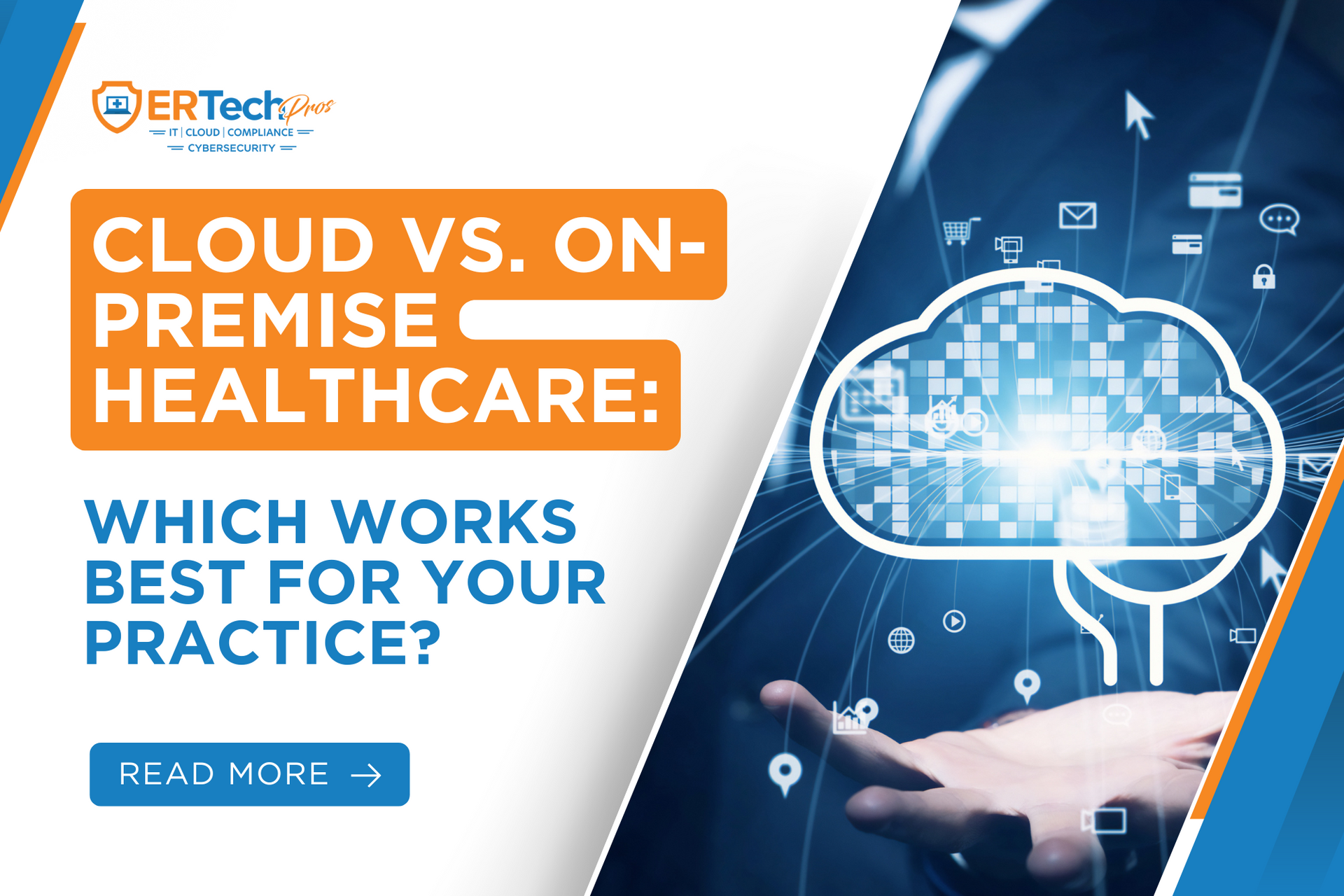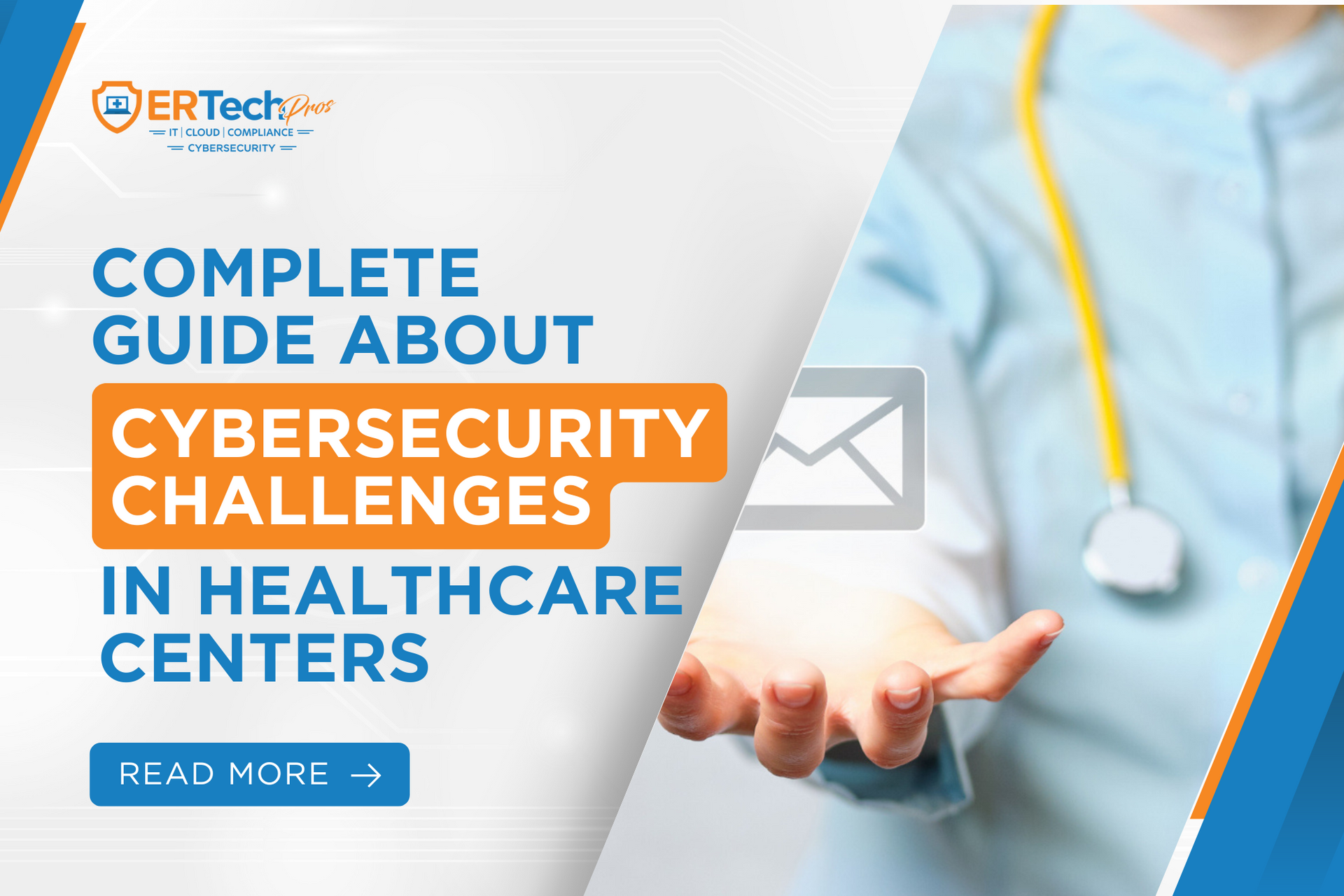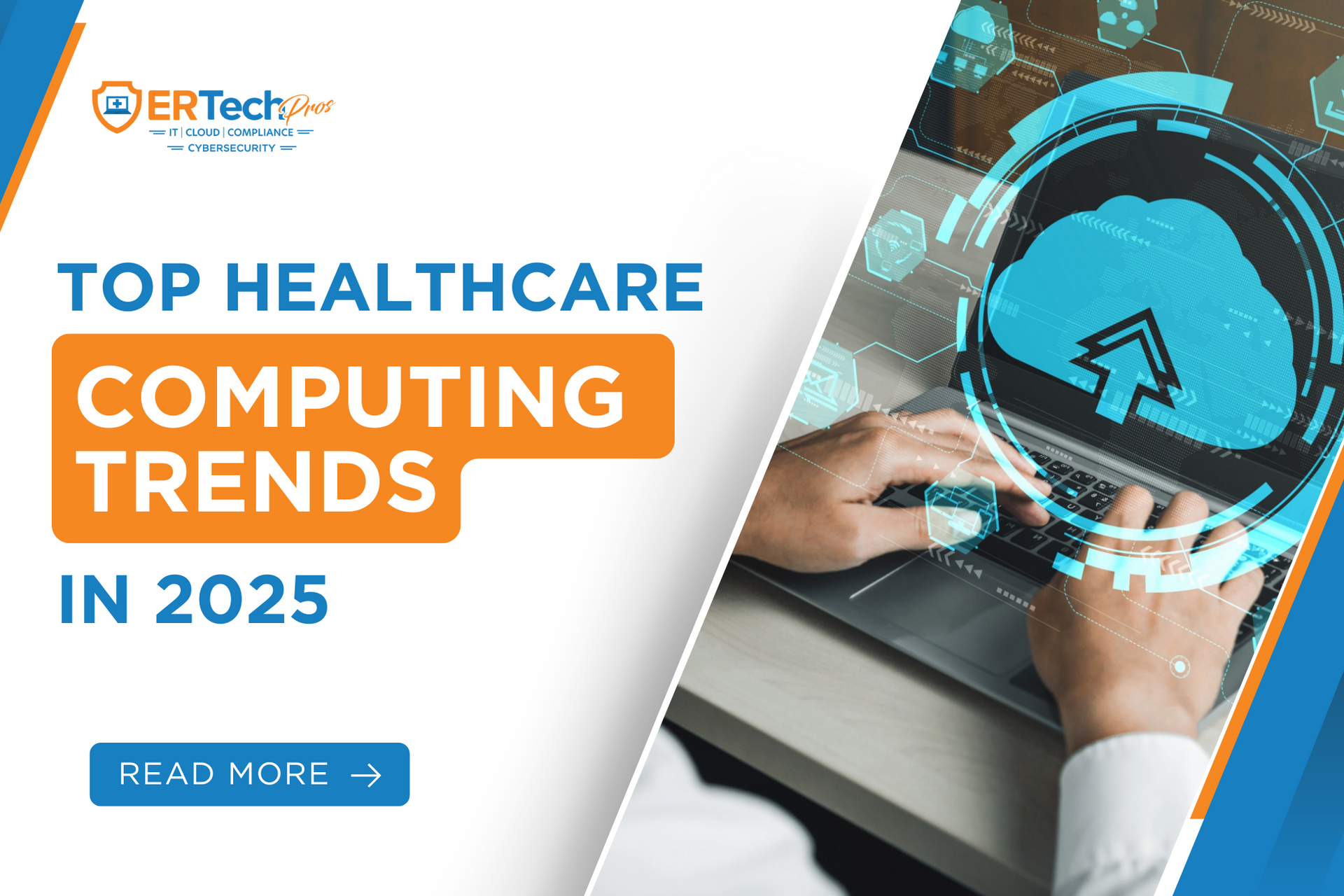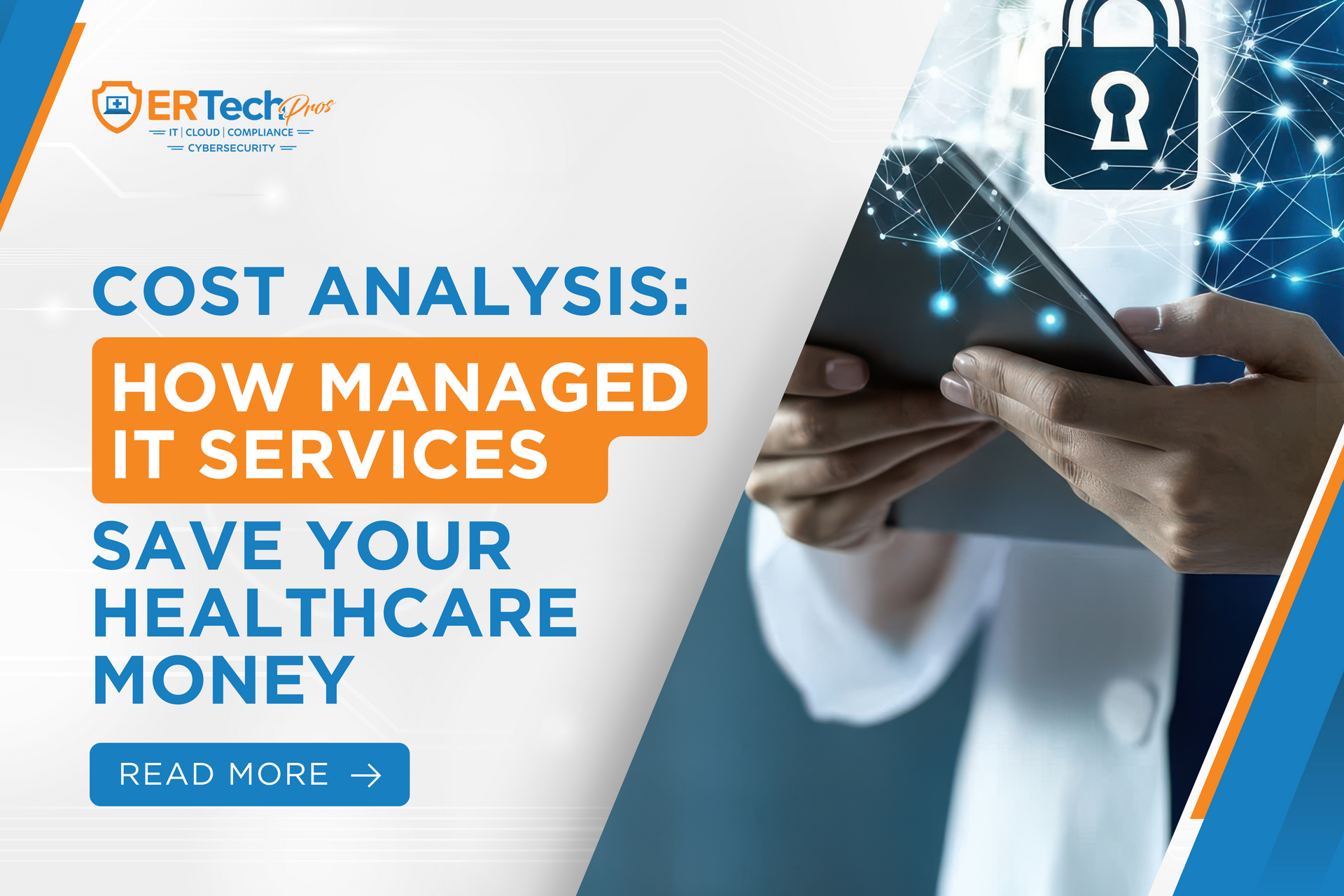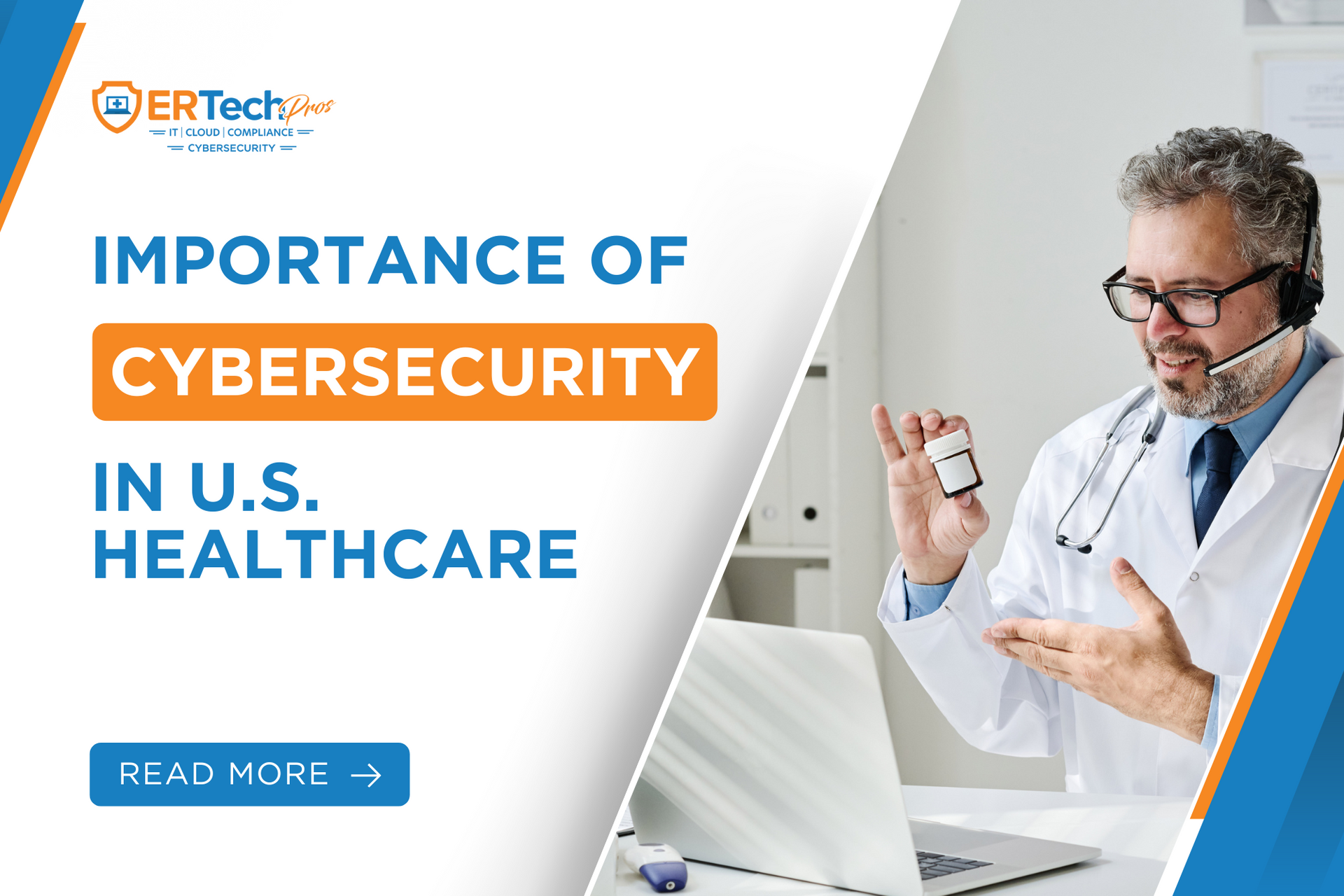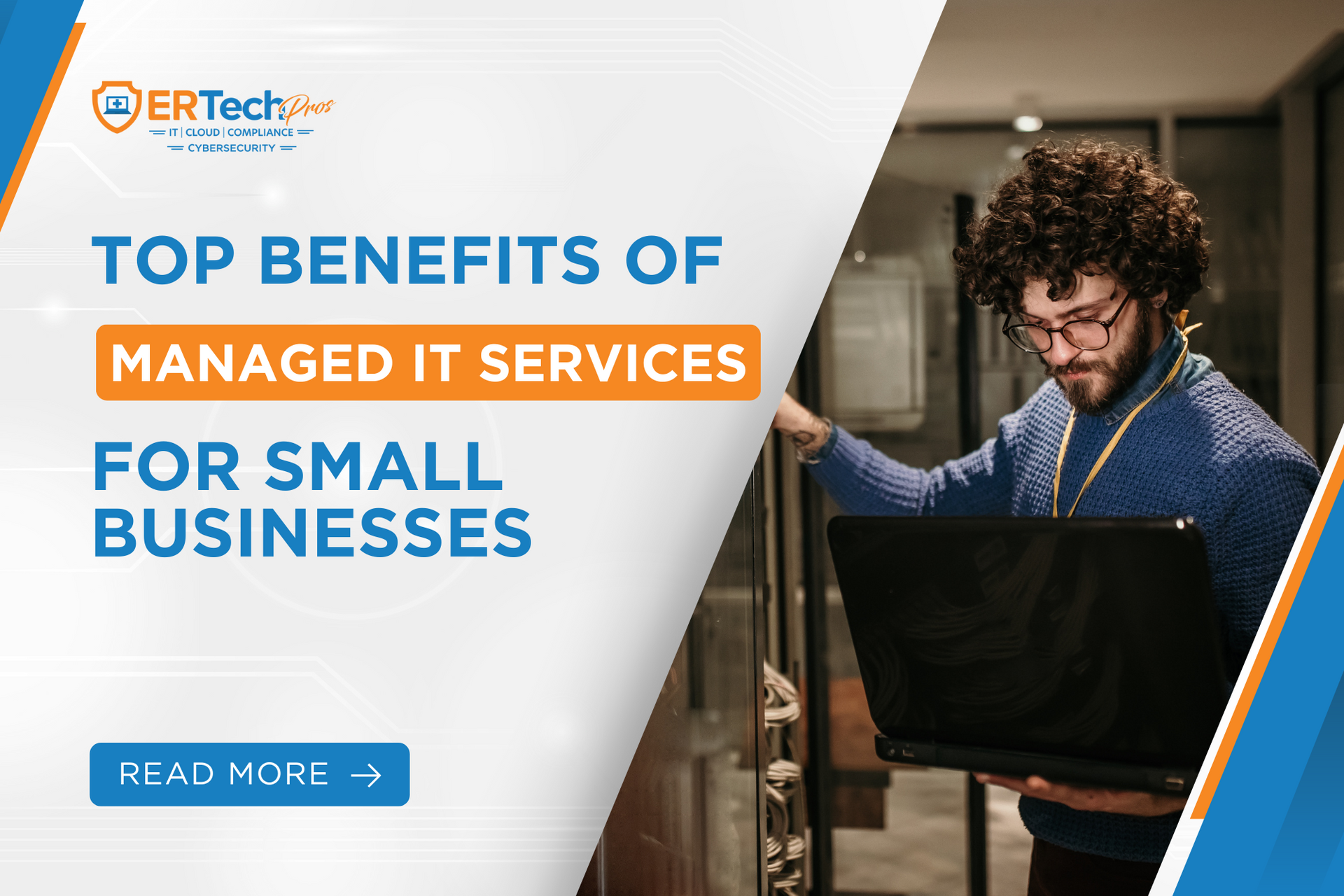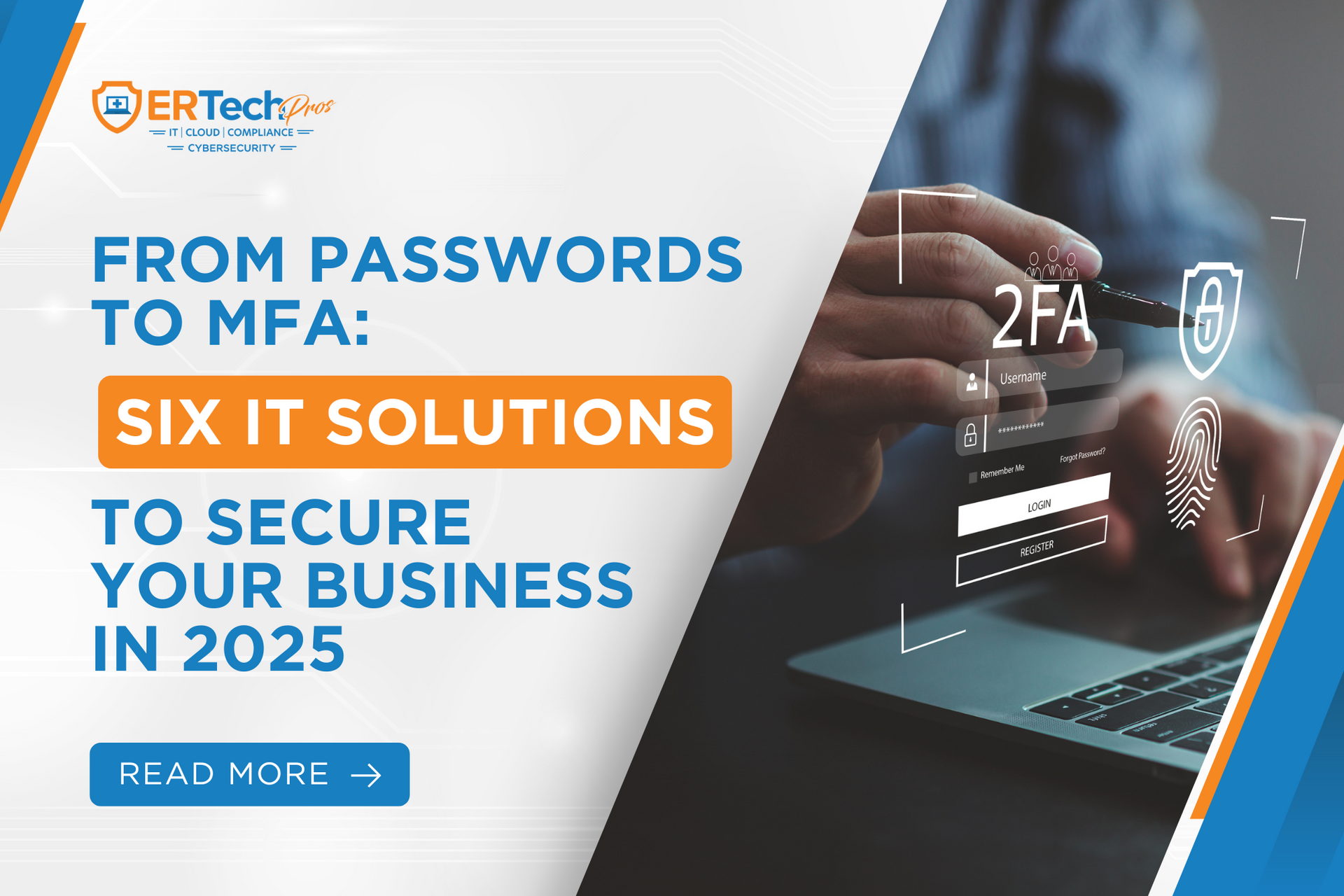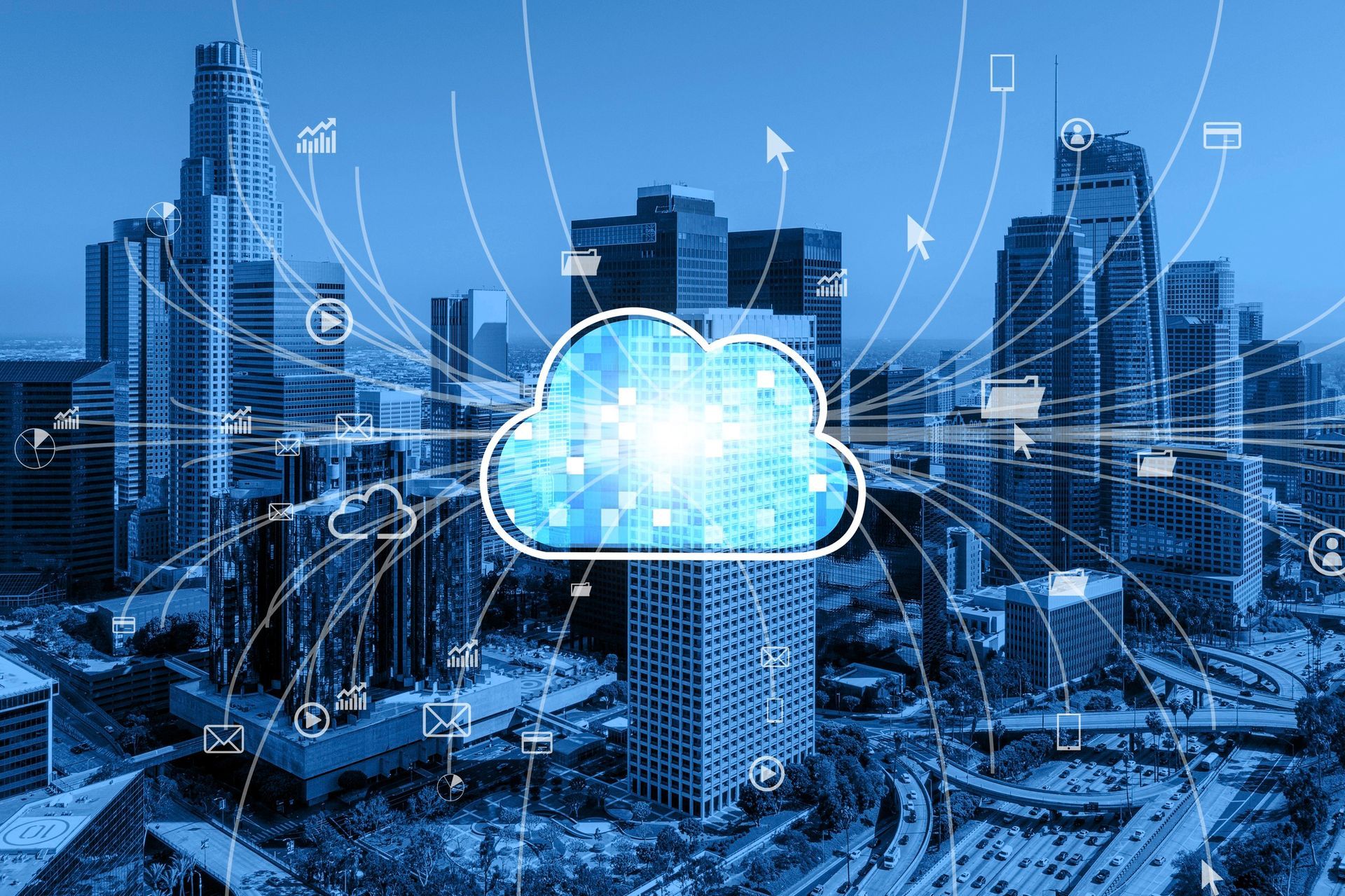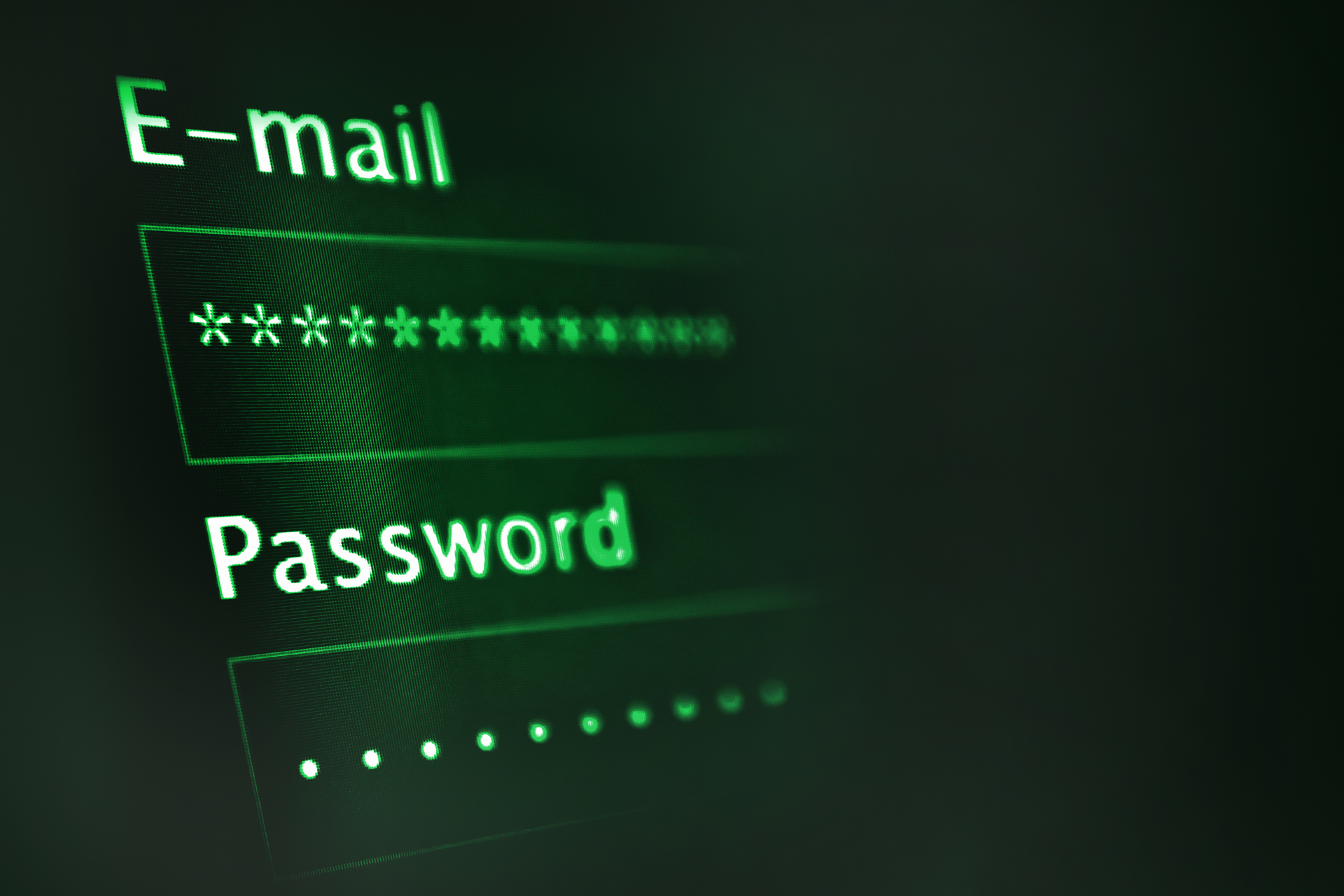There is no denying the devastating impact of the COVID-19 pandemic. Unlike other industries that could shut down or reduce their services, medical services had no such choice. Others had even sacrificed their lives as the world came to a halt.
Remote work has been around for a while, but since the rise of the COVID19 pandemic, it has become more popular than ever.
Here are remote work essentials for healthcare professionals to make sure you're all set up and always ready to go.
Home-based Work Setup
Considering you'll be spending more time at home, you might as well make your environment remote work-friendly. The following items are essential if you work from home.
Ergonomic Chair
If you are working remotely from home, an ergonomic chair would be a good investment.
Ergonomics experts recommend that your body be supported correctly so that you can get the most out of your workday. A desk job can cause your body to assume an unnatural position for long periods of time. The longer you sit, the greater the strain.
A great ergonomic chair allows you to work without putting too much stress on your back or neck.
Ergonomic chairs are available in many varieties, but there are some things to look for when choosing one. The weight, design, and materials of the chair all influence how the person sitting feels throughout their entire workday.
Noise-cancelling Headphones
A noise-canceling headset is a must-have for remote workers who need to concentrate on their tasks.
Active noise cancellation (ANC) has improved as technology advances. ANC is the most effective type of noise cancellation. The headset creates an opposite sound wave that cancels out the undesirable noise interfering with your work.
Stable Internet Connection
Team meetings, discussions with patients, downloading files, and even sending urgent documents can all be affected by a poor internet connection.
If you’re working from home for an extended period, having stable and reliable internet connection is crucial. With so many people able to work from home, internet connectivity has become an integral part of the workday.
An internet connection that isn’t reliable or secure can really hurt your productivity. Regular connection interruptions, especially during meetings or in the middle of important projects can make you feel like everything is off track.
Working from Coworking Spaces, Coffee Shops, etc.
Perhaps working from home isn't the best option for you, but you can't return to the office just yet. There may be a staff rotation in your office and you’re assigned to work remotely for a brief period.
Universal Plug Adapter
It might be hard finding a place where you can work during a pandemic. Then you finally found one only to discover that your laptop’s plug is not compatible with their socket!
When you’re working from a new location, it’s good to bring a universal plug adapter with you. This lets you plug your laptop into any outlet. They are inexpensive and you can find these adapters at most places that sell electronics such as Walmart, Target, and Best Buy.
COVID-19 Protection
Whether you're fully vaccinated or not, don't forget your COVID-19 protection whenever you leave the house, particularly when you'll be gone for a long time.
Make sure your face mask and hand sanitizer are with you. A multivitamin or vitamin C supplement is also worth bringing to boost your immune system.
Of course, it's even better if you also eat healthy and sleep well before starting your day.
Trusted Wi-Fi Source
If you work in uncontrolled environments, you need to prepare well. It’s strongly discouraged to use public Wi-Fi for work, especially if it involves sensitive information. However, sometimes it can’t be helped due to current circumstances.
When using public Wi-Fi, you need to take all the necessary precautions to ensure you’re not leaking out any confidential information or putting your company at risk. Inform your IT team about your circumstances so they can help you set up a secure connection (further discussed in the upcoming sections).
Remote Work Tools
Healthcare practitioners need tools that are easy to use, as well as compliant with HIPAA regulations. Make use of tools that have been designed with convenience, efficiency, and security in mind.
Google Workspace
Remote work can be difficult if you can’t collaborate and share information properly with your team members.
Google Workspace, formerly GSuite, is a cloud-based platform for remote teams to collaborate and coordinate their activities. The service offers
Gmail,
Docs,
Sheets,
Meet, and many more.
Since Google Workspace is HIPAA compliant, healthcare remote workers can share documents, calendars, tasks, and files with others in their team without worrying about data breaches or issues with patient privacy.
Cloud Phone System
A
cloud-based phone system provides efficient communication for your medical clinic. Choose one that offers a reliable call management system that streamlines appointment scheduling, reduces unnecessary call transfers, and improves patient satisfaction.
Paired with unlimited IT support, the cost of a cloud-based phone system for healthcare is much lower than other options. This means that the cost per user is reduced, which can result in higher savings.
Televisit
Telemedicine allows for effective and secure communication between patients and their healthcare providers, without the need for physical contact.
Televisit, Meditab’s advanced telemedicine solution, is an innovative video consultation service that has changed the way clinics and their patients communicate. This platform can be used for a variety of tasks such as consultations, diagnosis, checkups, appointments, and more.
Televisit benefits not just your remote staff, but also your patients who live far from your clinic or are confined due to COVID-19 restrictions. Using the tool, they can communicate from the comfort and safety of their own homes.
Remote Work Cybersecurity
In addition to ensuring you have the right tools for remote work, you should also make sure your devices and credentials are secure. Healthcare remote workers are also required to follow HIPAA guidelines.
Regardless of your work location, having these items in your toolbelt reduces the risk of being compromised:
VPN for Remote Desktop Connections
To maintain your online privacy and security when working remotely, choose a VPN service that suits your needs.
A virtual private network (VPN) allows you to connect to the internet via secure servers. It ensures that your data is kept safe and will not be read by hackers or other malicious people who want to steal your data.
VPNs give you online privacy and anonymity by turning a public internet connection into a private network.
Most importantly, a VPN establishes an encrypted connection between your computer and a server operated by a VPN provider. The
best VPN providers offer excellent speed and strong encryption protocols, which can be extremely helpful to those working in shared spaces.
Malware Protection
As remote work grows, security threats become more prevalent, with
malware emerging as the biggest threat.
You are often required to handle sensitive patient data, and hackers are itching to get their hands on it. Having reliable malware protection software installed on your device is a great way to boost your protection against attacks.
You can't afford to take chances when it comes to information security. Get in touch with your IT staff immediately if you're not sure what type of malware protection is best for your practice.
Multi-factor Authentication
Ensuring your password is strong and unique is a great start. But that's only the first step.
Multi-factor authentication (MFA) is a security mechanism that uses two or more verification methods to authorize a login.
Examples of these methods include:
- You receive an email with a link and must click it to authenticate your account.
- You receive a text message with a one-time verification code and enter it on a site or app.
- You must use your fingerprint to verify your identity.
According to Google, adding a recovery phone number alone can block up to 99% of automated bots, 66% of targeted attacks, and 99% of bulk phishing attacks on your account.
Make Sure No One Else Uses Your Work Devices
Whether it’s a friend you trust so much or a family member who you know has no malicious intentions, you should be the only person using your work device. You never know what might be accidentally exposed. They might also use your device without you knowing and install malware on it.
We highly recommend that you use a separate device for personal use and for work. Your IT staff can help these devices come with built-in restrictions on their use that can limit or prevent personal usage.
If you’re temporarily using your personal device for work, create a separate account for it and make sure you have VPN, as mentioned earlier.
IT Support
Without an IT team nearby, it can be difficult to find solutions to your technology problems. Some of the most common issues include malware infections, device malfunctioning, network issues, software errors, and more.
While you may not be in the same building, you still need IT support to keep your organization’s systems secure.
There are 24/7 IT support services available for remote workers. You will want to invest in a security solution that can monitor, detect and respond to threats in real-time. The best
managed IT service provider (MSP) for healthcare is one that understands HIPAA and other strict regulations.
A data breach can have disastrous consequences for the company, so it's important for your medical practice to have regular IT support that provides a wide range of services, including malware protection, firewall installation, software & hardware updates, and more.
Remote Work is Here To Stay, So Do
IT The Right Way
In healthcare, face-to-face interaction will never go away. It’s inevitable that many of our patients will need to be examined in person at some point. Nonetheless, remote work is here to stay, making it even more crucial to ensure remote environments are as secure as possible.
The COVID-19 outbreak forced all industries including healthcare to adapt to remote and hybrid work. The sudden shift to new working environments presents a variety of threats to the integrity of PHI.
On that note, remote workers are more susceptible to phishing scams, hackers, and other threats. This puts them at risk of exposing private information and breaching HIPAA.
Need help securing your remote environment?
ER Tech Pros takes
healthcare cybersecurity seriously. We’ve made it our mission to help medical practices safeguard their remote staff environment and work with you to eliminate any potential gaps in your IT infrastructure.
If you need assistance with maintaining or improving your remote environment or with any IT-related matter, schedule a call with one of our experts and boost your IT security as soon as possible.

